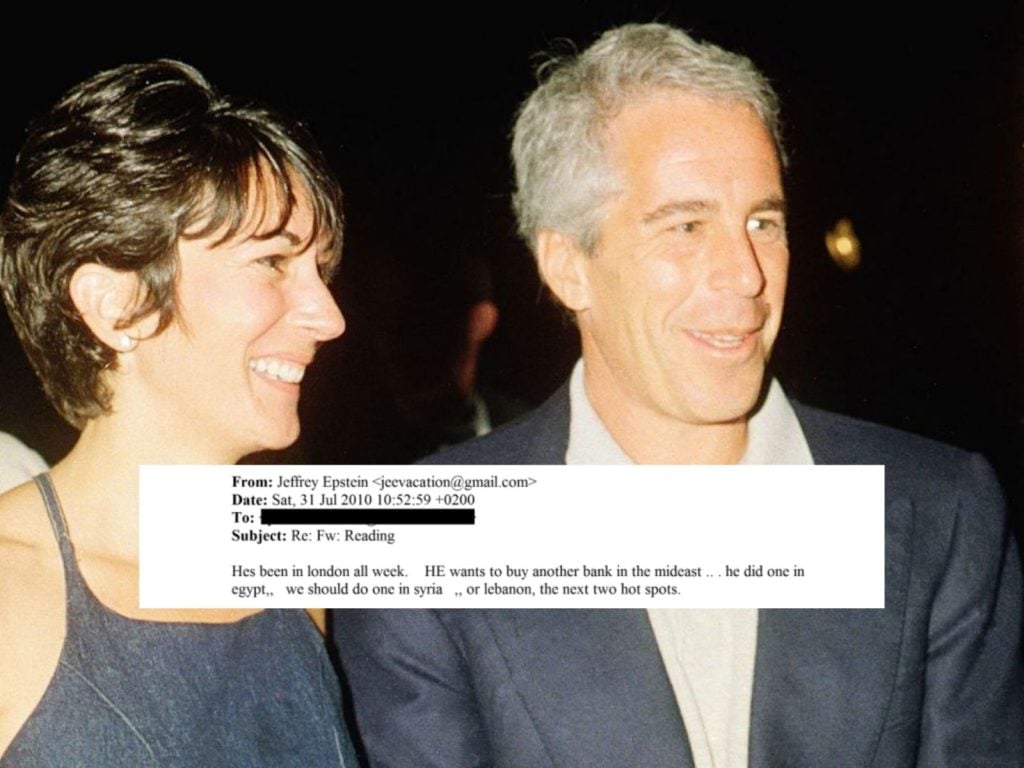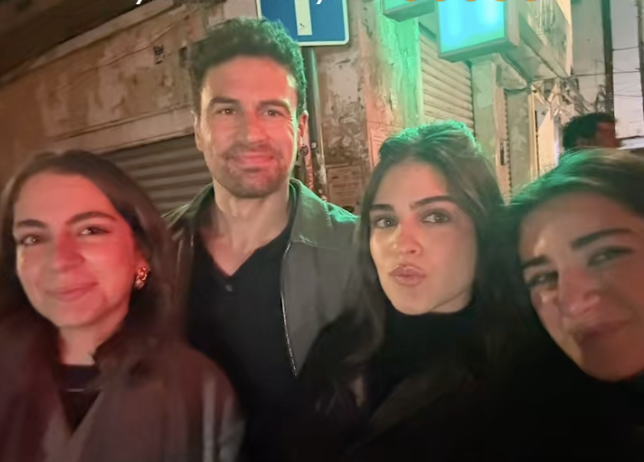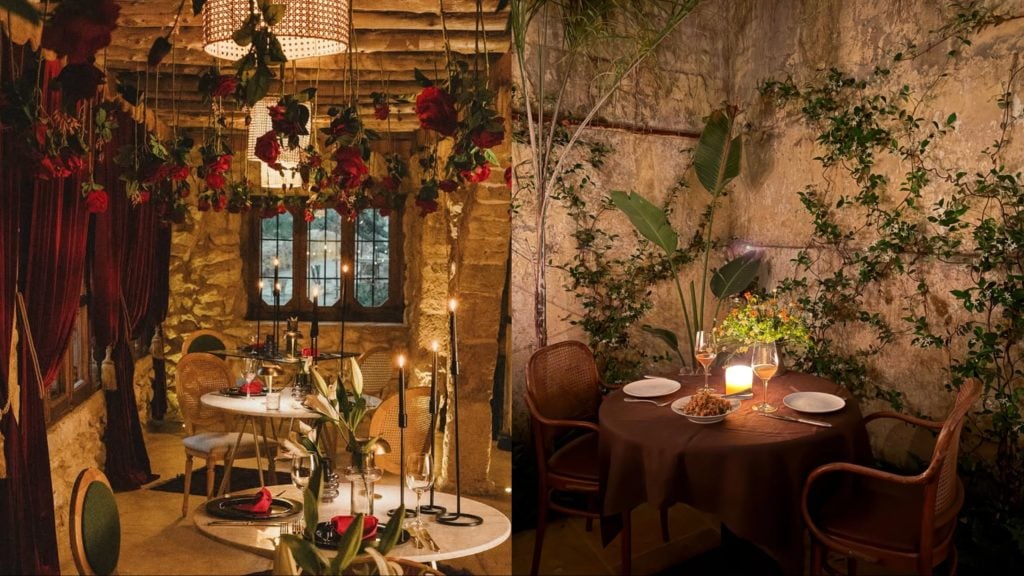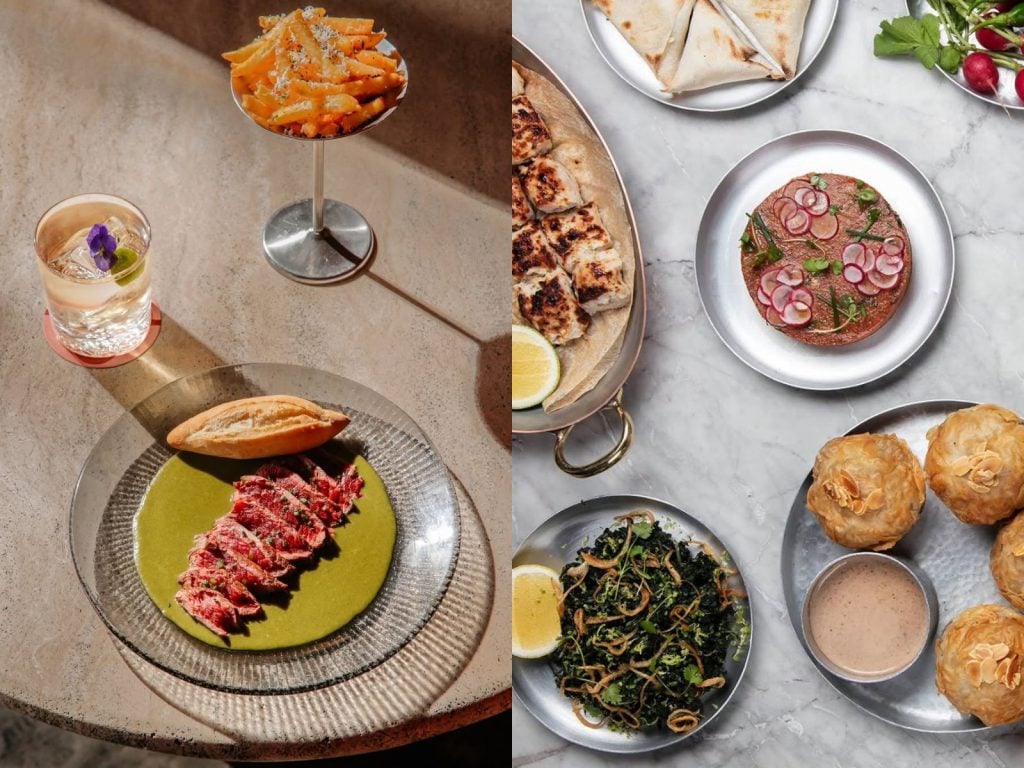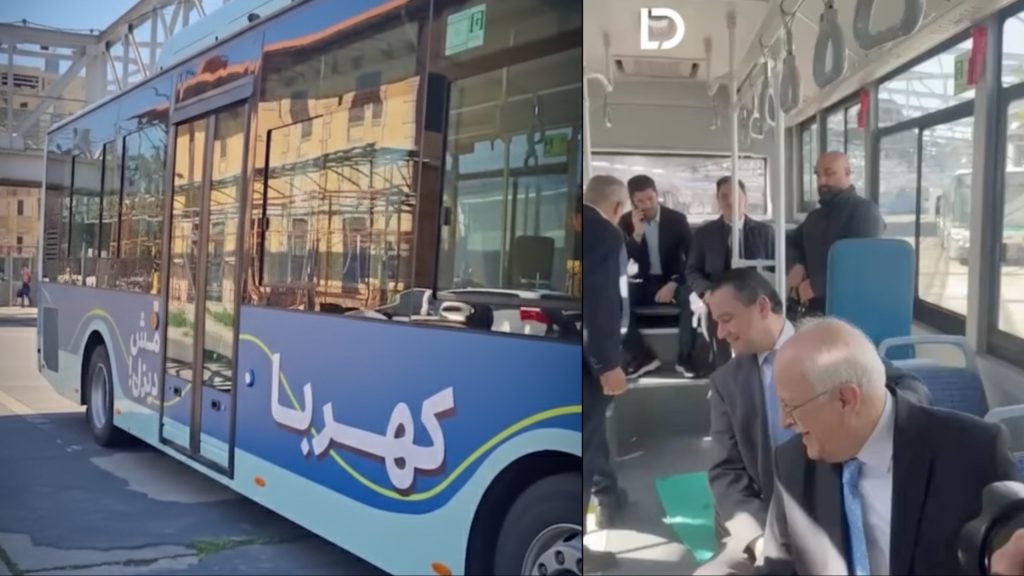From Berlin to Beirut: A Touch of Sage
It was also voted one of the top 50 restaurants in the world by the best-selling guide Cool Restaurants Top of the World, and just this past weekend, Lebanon got a taste of the Berlin-based SAGE’s top-notch cuisine when it opened up as a pop-up restaurant at the Common Fest.
Opened in an old silk factory on the banks of the river Spree in Berlin, with a beach and connected to an underground nightclub, SAGE restaurant is one of the trendiest venues in the German capital. Beirut.com sat down with owner Jack Schröder while he was in Beirut.

Beirut.com: Can you tell us about SAGE’s concept?
Schröder: The brand started 18 years ago with SAGE Club, which still exists in Berlin. Now with the restaurant, we combine a lot of different things. I would say it’s a multicultural event, nightlife center, or something like that. SAGE is a fancy restaurant, but it also has a beach and an underground club called Fiese Remise. Sometimes, you see someone arriving in a Bentley to have a nice dinner, and then you see someone from the techno crowd. It’s funny to see them interact together.
Beirut.com: How would you describe SAGE’s cuisine?
Schröder: It’s an international fusion cuisine. We use regional products. We have classic items on our menu, but I give the cooks a lot of freedom to create. This is why it is a bit hard to explain what it really is. Cooks are artists. We have 10 cooks because we have 220 seats inside and 280 outside.
Beirut.com: What is SAGE’s specialty?
Schröder: We bring DJs to play in the restaurant and it gets very loud. So you can feel that the restaurant is still very connected to the musical scene of Berlin. Sometimes people ask us to lower the volume but we can’t, it is part of the concept. It is a fancy restaurant for the nightlife [crowd].
Beirut.com: It is your third time in Lebanon, what is your impression of the country?
Schröder: My doormen in Berlin are Lebanese and they have been with us for 15 years, so I always felt a little connection with Lebanon. I like the chaos of Beirut. Berlin is a free city with a lot of space for the underground scene. Beirut is a bit the same. Free-minded people are given space because there aren’t too many rules. I know that Lebanese people wish for more stability, but for me, as a European, it is a gift not to have so many rules. I see so many amazing things here: old houses and warehouses. I have so many ideas of what I could do here. The weather and the landscape are also very nice, but the pollution isn’t.
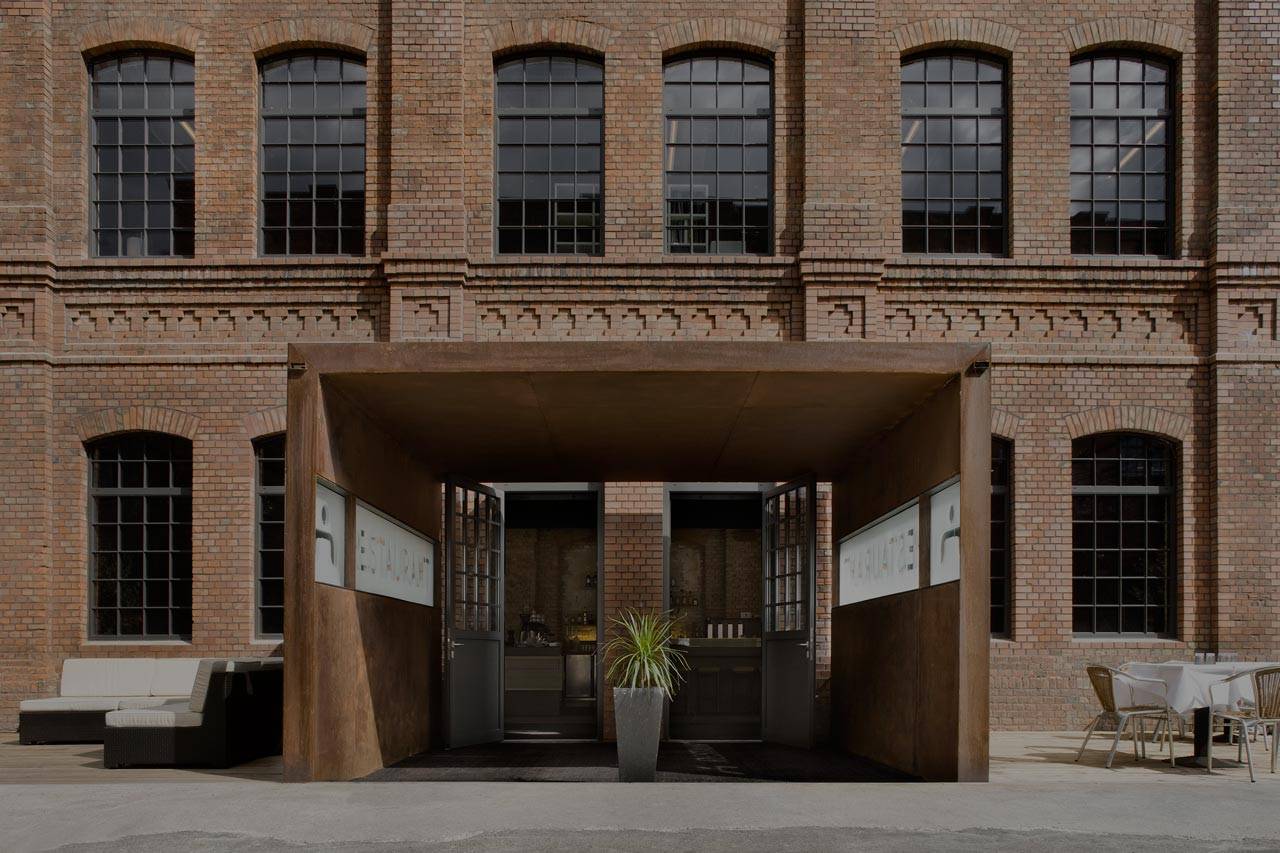
Beirut.com: What is the most interesting culinary experience you had in Lebanon?
Schröder: I ate raw liver at a dinner with my girlfriend’s family. I like liver but this was a shock. I was also very stressed to meet my girlfriend’s father. He was the typical strong Lebanese father.
Beirut.com: What do you think of the Lebanese nightlife?
Schröder: It is good at first and there are amazing locations, but in general it is too chic and there is too much copy paste. I like older concepts like B018. I think that the owner, Naji Gebran, really had balls to open this. There is a lot of potential in Lebanon. I loved Burj Hammoud, the Armenian neighborhood, for example, but I wish people had more guts and could think in another direction to do things differently.
Beirut.com: Is SAGE working on a new concept?
Schröder: SAGE has a big space, so it is important to always propose new things. We once brought an old Berlin underground wagon dating from 1923 and placed it in the middle of our square. For next summer, we are planning on bringing an old 18 meter-long merchandise boat to put in front of the restaurant. There will be a beach and a pool on top of it and people will dance inside.
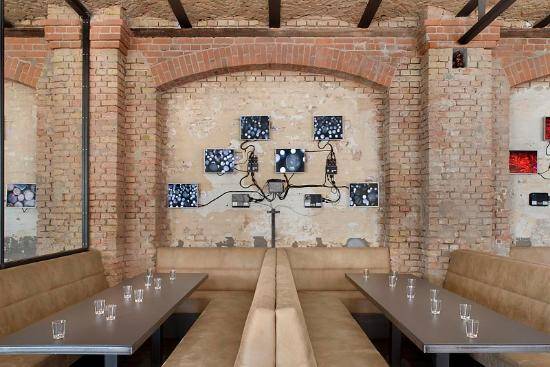
1
